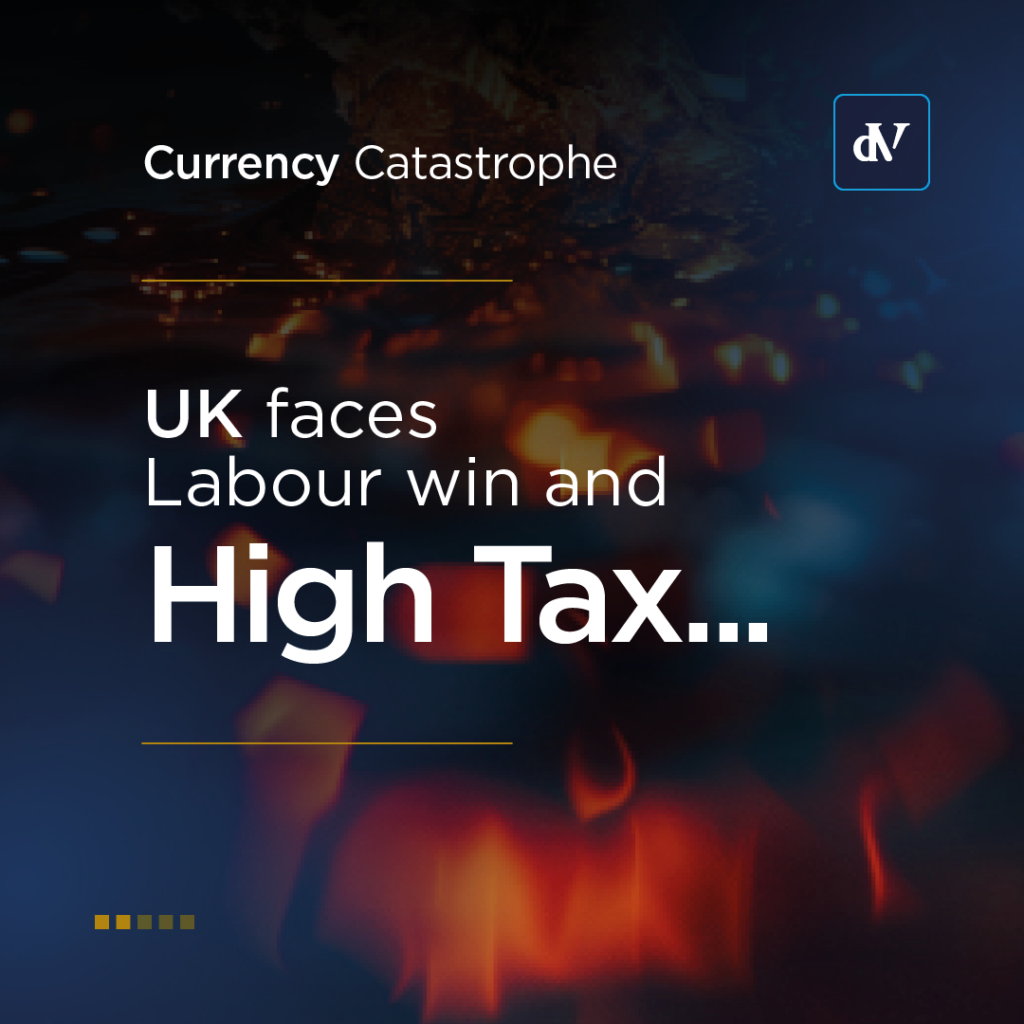|
Getting your Trinity Audio player ready...
|
We are in the midst of a generational change. The present is being tussled between long-standing practices of an analogue financial environment with the promise and efficiency of a future, computer-led, world. The gaming boom of the past decade has evidently raised a generation that seeks pleasure online, at each end of a headset, instead of at a park or table.
Additionally, the integration of social media has taught us to seek instant approval and gratification, with platforms like Zoom and Teams making face-to-face interactions nearly redundant. Add to this the recent anticipation surrounding the metaverse – and an overwhelmingly digital future seems inevitable.
Amidst this backdrop, another challenge is being mounted on the analogue world’s poster boy – Gold. This sparkling store of value has held immense intrinsic significance for millennia. The Bretton Woods Agreement of 1944 appointed the US dollar as the new global monetary standard, which began to change the status of the pound.
Three decades later, President Nixon announced the end of the global gold standard, ushering in a new fiat monetary system. This safe haven holding was, for the first time, a distinctly isolated asset class.
Fast forward to today, and the excess of government monetary policy is clear and damning. The notion that world governments can (literally) print solutions to arising financial concerns has reignited the need for an asset of scarce value, and in turn, the necessity of financial services. This value can be found in the world’s largest digital asset – Bitcoin.
As a gold standard, it is ideal. It is infinitely more divisible than gold whilst having much lower transportation fees. It cannot be faked and is completely decentralised – meaning it is immune to government manipulation.
Behind the Bitcoin network lies an infinite set of public blockchain solutions. This is a technology which essentially creates chains of blocks that are timestamped with transaction data and logged onto the blockchain platform for everyone to see.
In terms of buying Bitcoin, perhaps the easiest and most common way is through various exchanges such as Coinbase, Binance, Aucoin, Crypto.com and many more. Much like stock exchanges, each trading platform allows you to convert fiat currencies into other currencies and purchase bitcoin, or any other cryptocurrency that you may be interested in.
There is a multitude of ways to deposit onto a digital marketplace with the most common being bank deposits directly onto the cryptocurrency exchanges.
With regard to security, there are 4 types of wallets you can have:
- The first is a paper wallet. With this, you save your public address online and would write down your private key (personal, unique password) on multiple pieces to be kept safe and secure.
- The second type is known as a mind wallet, where you simply remember your private key, eliminating any chances of being hacked or breached (but don’t forget it!).
- The penultimate wallet type is a hard wallet. This is where you have a physical USB with a password, so if you lose the USB no one can access the private key.
- The final way to store your Bitcoin is via an online soft wallet, which you can access through exchanges like Coinbase and Binance with your unique password.
Whilst gold will clearly remain a safe haven asset in times of economic turmoil, it is clear that younger generations (and increasingly older ones) are now looking towards a new payment system. A digital currency.
Indeed, it appears the old adage has perhaps never been more apt.
All that glistens isn’t gold.




